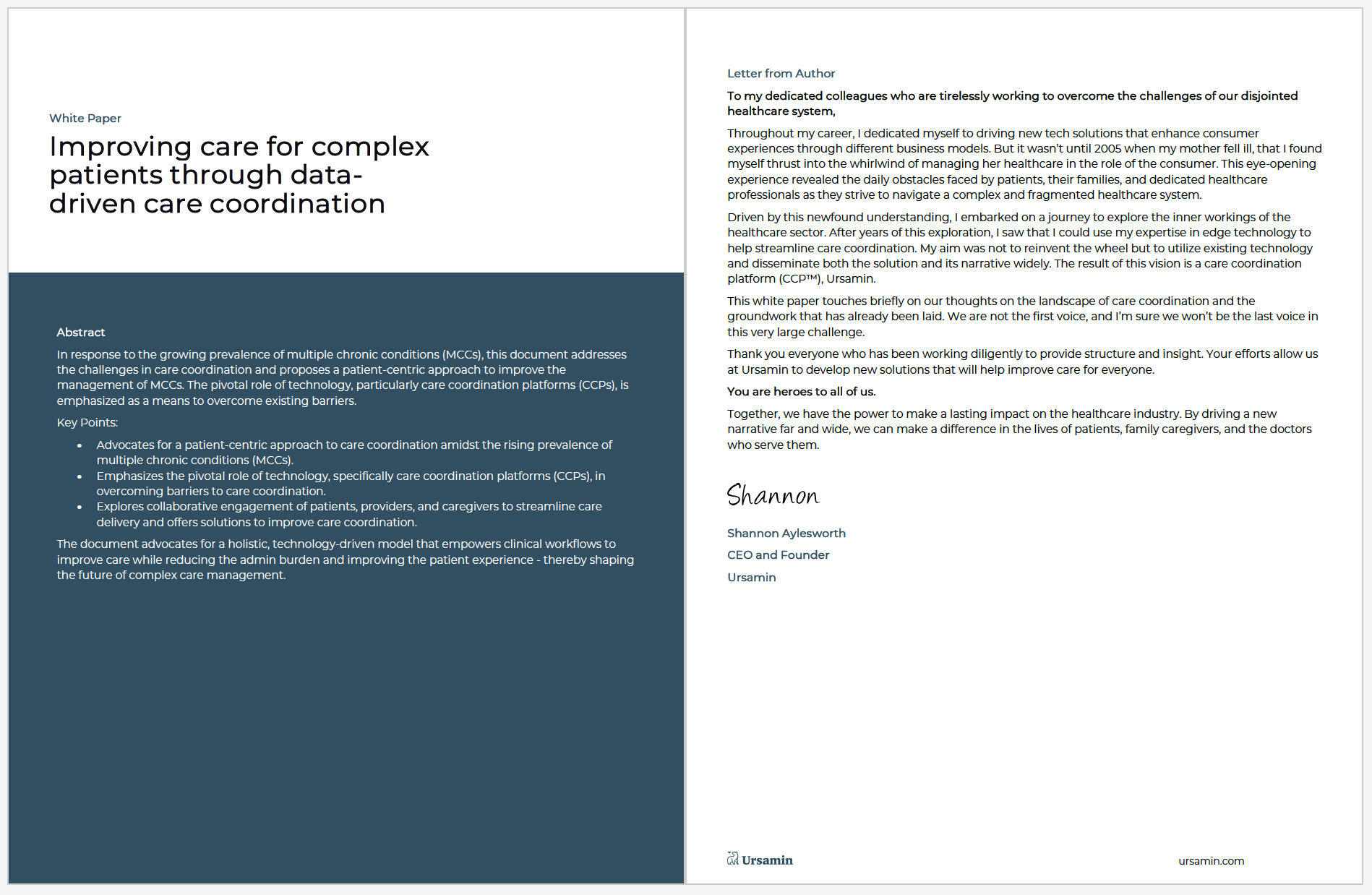Overview of HIPAA Compliance
HIPAA, which stands for the Health Insurance Portability and Accountability Act, is a set of regulations that aim to protect the privacy and security of individuals’ health information. This act applies to covered entities, such as healthcare providers, health plans, and healthcare clearinghouses, as well as their business associates.
The main goal of HIPAA compliance is to ensure that individuals’ health information is kept confidential and secure. This includes implementing safeguards to protect against unauthorized access, ensuring the integrity of the information, and maintaining its availability when needed.
HIPAA compliance requires covered entities to conduct regular risk assessments to identify potential vulnerabilities and implement appropriate measures to mitigate those risks. This includes implementing administrative, physical, and technical safeguards to protect the confidentiality, integrity, and availability of health information.
In addition to safeguarding health information, HIPAA also grants individuals certain rights regarding their health information. These rights include the right to access and obtain copies of their health records, the right to request corrections to their records, and the right to be informed about how their information is used and disclosed.
Non-compliance with HIPAA regulations can result in severe penalties, including fines and criminal charges. Therefore, covered entities must understand and adhere to the requirements outlined in HIPAA to protect the privacy and security of individuals’ health information.
Understanding the Role of HIPAA in Health Tech
HIPAA plays a crucial role in ensuring the security and privacy of health information, setting specific requirements for technology compliance such as encryption, unique user identifiers, and automatic log-off as outlined in the HIPAA Security Rule. Non-compliance with these regulations impacts the healthcare industry and erodes patient trust in the security of their sensitive data.
Challenges Faced by Health Tech Companies
Health tech companies encounter challenges in maintaining HIPAA compliance due to the rapidly evolving technologies in the healthcare industry. The recent Health Data, Technology, and Interoperability: Certification Program Updates, Algorithm Transparency, and Information Sharing (HTI-1) rule finalized by the HHS emphasizes the importance of advancing patient access, interoperability, and information sharing in certified health IT systems.
Health tech companies bear the responsibility of upholding industry-level standards like these for patient privacy and security, as non-compliance can lead to severe consequences including monetary penalties, reputational damage, and loss of trust.
Strategies for Achieving and Maintaining HIPAA Compliance
To meet HIPAA standards, healthcare organizations must take a multifaceted approach that includes employee training, security implementation, risk assessments, and auditing. This approach ensures compliance with the administrative, physical, and technical requirements outlined in the HIPAA Security Act.
Technology plays a crucial role in enabling healthcare organizations to adhere to the stringent regulations of HIPAA. By partnering with HIPAA compliance experts and tech-savvy development vendors, health tech startups can ensure software HIPAA compliance and protect sensitive medical information.
Impact of HIPAA Compliance on Healthcare Technology
HIPAA compliance is crucial for online healthcare services and medical startup development, offering benefits such as safety, trust, and avoidance of significant fines and penalties. Moreover, adherence to HIPAA regulations facilitates faster communication, streamlined workflows, and enhanced productivity in healthcare organizations, ultimately contributing to improved patient care.
Frequently Asked Questions About HIPAA in Healthcare Technology:
What is HIPAA?
HIPAA, the Health Insurance Portability and Accountability Act, safeguards patient health information. In healthcare technology, it ensures the secure handling of sensitive data, fostering trust and compliance.
How does HIPAA compliance impact patient privacy?
HIPAA compliance protects patient privacy by setting strict standards for the storage, transmission, and accessibility of health information, ensuring confidential and secure handling.
What are the consequences of non-compliance with HIPAA regulations?
Non-compliance with HIPAA regulations can lead to severe consequences, including legal penalties, financial fines, and damage to reputation, emphasizing the critical nature of adherence.
What role does HIPAA compliance play in building trust with patients?
HIPAA showcases a commitment to data security, confidentiality, and ethical practices, laying the foundation for credibility and confidence in healthcare technology. It helps set the foundation for establishing patient trust.
Conclusion
HIPAA compliance is vital in protecting patient privacy and ensuring trust in the healthcare industry. Staying updated with HIPAA regulations is essential for health tech companies to adapt to the evolving landscape and maintain the security and integrity of patient health information.





